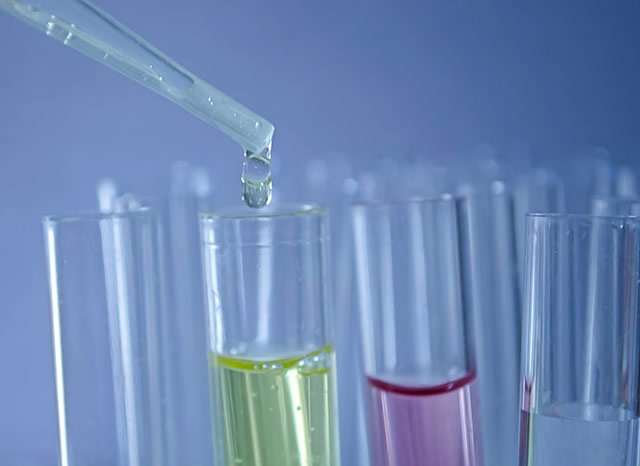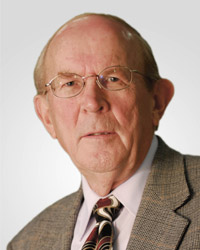
AUSTRALIA - Green Hydrogen Superpower?
Paul Barrett, the Dublin-born chief executive of the Australian green energy firm Hysata, is explaining the plan to create the cheapest hydrogen in the world—by eliminating bubbles.
The company, based at Port Kembla, an industrial hub south of Sydney, is using a familiar process known as electrolysis, which involves passing electricity through water to split it into hydrogen and oxygen.
Hydrogen is the most abundant element on the planet and, crucially, when used as a fuel or in industrial processes it does not produce carbon dioxide (CO2).
“Ensuring you have the production of green hydrogen close enough to the demand point and being able to regulate the supply of that is probably the biggest challenge,” explains Dr Liam Wagner, an associate professor at Curtin University in Adelaide.
Australia is rich in natural resources and has long been the world’s quarry. It’s an export-driven nation; its coal has helped to power Japan, while its iron ore has underpinned much of China’s growth. Many hope that hydrogen could follow.
“A lot of rocks that are in Australia can produce hydrogen. We have a lot of old granites that are now close to the subsurface and can generate hydrogen through radiogenic processes.”
So-called geogenic hydrogen is also known as white or gold hydrogen.
Dr. Ema Frery, a French-born geoscientist based in Western Australia, is investigating how it might be extracted, stored and used in an economically viable way.
Like bubbles on electrodes, new technologies and processes invariably hit sticky patches where progress is hindered and doubts amplified, but the architects of hydrogen’s advance are confident it has a key part to play in our energy transition.
Bahman Shabani, a professor at RMIT University’s School of Engineering in Melbourne, is working to store surplus renewable energy using an electrolyzer, a storage tank and a fuel cell that together act like a battery.
-www.bbc.com, 8 August 2024
Arno's Commentary
According to the CIA Factbook, Australia’s population stands at 26.7 million. In 1960, it was only 10.3 million. Why such an increase? Migration. In this case, we note the international lists of leading proponents of hydrogen power. While some credible voices view the project negatively, there seems little doubt that in the end, hydrogen power will succeed—at least to a certain extent.
Life expectancy in Australia stands at 83.5 years, and infant mortality is only 2.9 per 1,000 live births. That testifies to excellent healthcare services, which is universal in virtually all successful countries. GDP per capita is listed at $59,500 (estimate for 2023).
Let’s assume that CO2 is responsible for global warming, and with the amazing technological advancements, climate trends will be reduced. It then stands to reason that mankind will triumph in his assumption that he has everything under control; subsequently, no need for God the Creator.
Revelation 9:20-21 reads: “And the rest of the men which were not killed by these plagues yet repented not of the works of their hands, that they should not worship devils, and idols of gold, and silver, and brass, and stone, and of wood: which neither can see, nor hear, nor walk: Neither repented they of their murders, nor of their sorceries, nor of their fornication, nor of their thefts.” That simply states that mankind will not repent.
While hydrogen power is not necessarily an idol, it is a contributing factor toward man’s total independence from God and total dependence on his own intellect, resulting in an abundance of merchandise.



